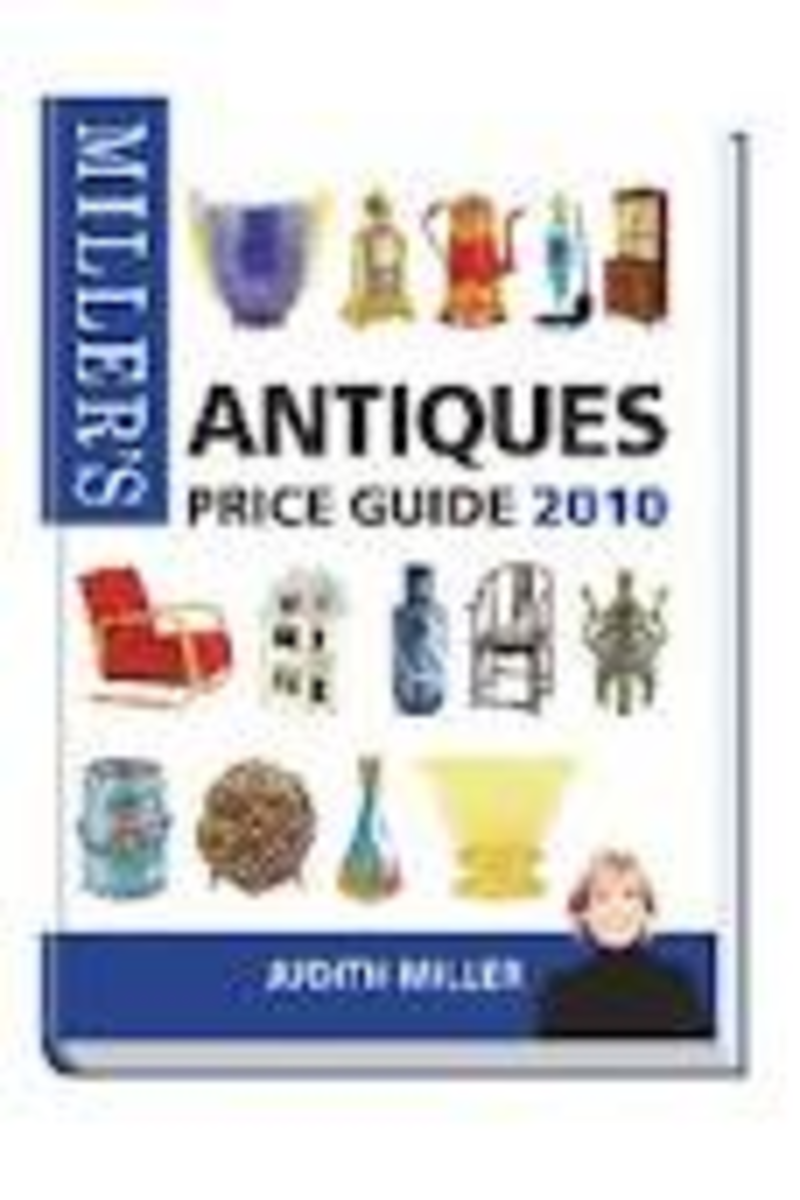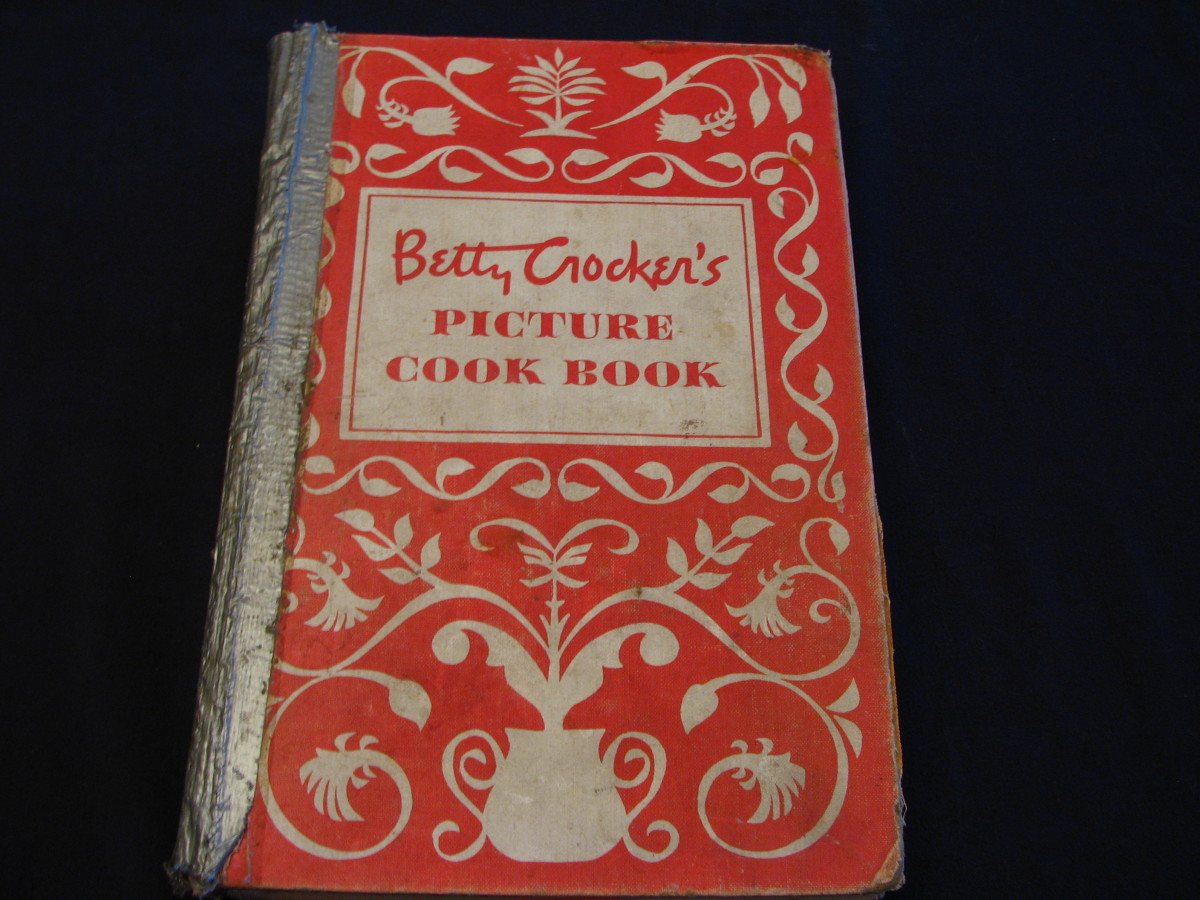Basics for Starting a Used Book Collection
So you want to....
Start a book collection. Good for you. Whether you're simply collecting books that appeal to you, or building a valuable collection to pass on to your children, the rise of the internet has made the search much easier. But, for many long-time collectors, the thrill of the hunt is almost as important as the finding of the one item that completes a collection.
Before you start.
It's important to learn what makes a book valuable. Condition, edition, and subject matter are the primary factors in determining a book's worth. Condition is fairly straightforward. Does the book have its original dust jacket? Are there any pages missing? Has anyone removed any maps or pictures from the book? Does it smell of mildew? Are any passages underlined? Grading is the term used to place a book somewhere along the continuum from Fine to Good. If you're holding the book in your hand, it's fairly easy to determine the condition. If you're buying on-line, it's become much more difficult as so many inexperienced people have been tempted into the business by promises of easy money selling books. Be careful - there are very few books that are valuable enough to overcome a condition problem.
How do you determine edition? Is edition important to you? Edition refers to which print run the book was produced from. A first edition is from the first print run. There are arcane exceptions to this rule, which you'll learn as you pursue additions to your collection. First editions have traditionally been most valuable in the area of fiction, though that's changing. You might not want a first edition- consider an encyclopedia that was first published in 1950. Unless you're that very rare bird, the encyclopedia collector, the information in the 1950 edition isn't going to be terrifically useful. Factors that help you determine which edition you're holding in your hands vary from publisher to publisher, and even very experienced collectors get tripped up on edition from time to time. The very best reference work on this topic is McBride's A Pocket Guide to Identification of First Editions.
Please do consider collecting books whose subject matter is important to you. A Nancy Drew enthusiast might want to collect all of the novels in all of their editions. A fine binding collector isn't concerned with content. Someone interested in medicine may narrow their search to pre-19th Century anatomy. The enthusiasm you bring to the project goes far in determining your success.
The hunt.
Once you're armed with your McBride Pocket Guide, an understanding of what you want to collect, and know how much you want to spend, it's time to begin your search. Obvious places to look are used bookstores, thrift shops, and yard sales. Keep an eye open for church sales, rummage sales and estate sales. Many libraries have sales arranged by their Friends of the Library group. The number of books in these sales can range from a few thousand to over a million. The Friends groups may also run a small used bookstore, tucked away in the library. Watch your local craigslist and freecycle groups.
Always let your local book dealer know what you're collecting. He or she will keep watch for things that may fall into your category. If it suits you to have your dealer act as your intermediary, expect to pay more. But, you should also expect to have fewer unpleasant surprises. A good dealer will also ‘network' you with other dealers who may be more familiar with your specialty.
What if you'd rather sit in your cozy office while you look for treasures and avoid the crowds? A whole world of books is now available to you. Things that were very rare have become very common as multiple copies of once sought after titles have become accessible. However, you need to be very cautious when buying on line. There are uneducated and disreputable dealers at even the most famous of websites.
Some things to watch out for:
- ¨ Excessive shipping charges
- ¨ Funky descriptions like, "Like a brand new book except the cover is missing and the pages are torn! Excellent condition!"
- ¨ No return policy
- ¨ Insisting the customer pay for insurance
- ¨ Bad ratings (at places like eBay and Amazon)
- ¨ Unnaturally low or high prices. Some dealers lowball on the price and then make their profit in handling charges. Others don't really have the merchandise they're selling in hand, but represent it as their own.
- ¨ Dubious claims of autographed books
I've included a list of the more well-known dealer aggregates below. Unfortunately, none of them do a good enough job of policing their members. You're on your own when dealing with anyone but a large chain that you know is selling new merchandise. Of course many people have very pleasant experiences buying books on-line. Avoiding the pitfalls can make you one of them.
There are also several very good tools that search multiple sites and return the information to you so that you can compare condition, edition, and price all on one page. The two best are www.addall.com/used and http://www.bookfinder.com/. They are not resellers, but the dealer's contact info is displayed with the titles. It's easy enough to click through and order the book.
Amazon is the granddaddy of web-based bookstores, though you can now buy just about anything there. The used book section can be a little confusing, with its New and Used categories, the broad range of prices, and the minimalist condition statements. Amazon does do a decent (not great!) job of dealing with customer complaints about the dealers they host.
Alibris has its roots in one of the earliest programs ever written for bookdealers.
Biblio treats its dealers the best, in my opinion.
ABAA is administered by the Antiquarian Booksellers Association of America. Dealers here must be members of ABAA, which has rather stringent rules.
eBay is the best known auction site. Thousands of books are bought and sold on eBay every day.
Abe Books claims to have 13,500 dealers offering 110 million books.
bn.com is Barnes and Noble's website. It includes used books.
This is only a starting point. A Google search of "used books" returns more than 56,000,000 results.
But...
What if you have too many books? What if you want to sell them from the comfort of your cozy office? That's a topic for another discussion.






